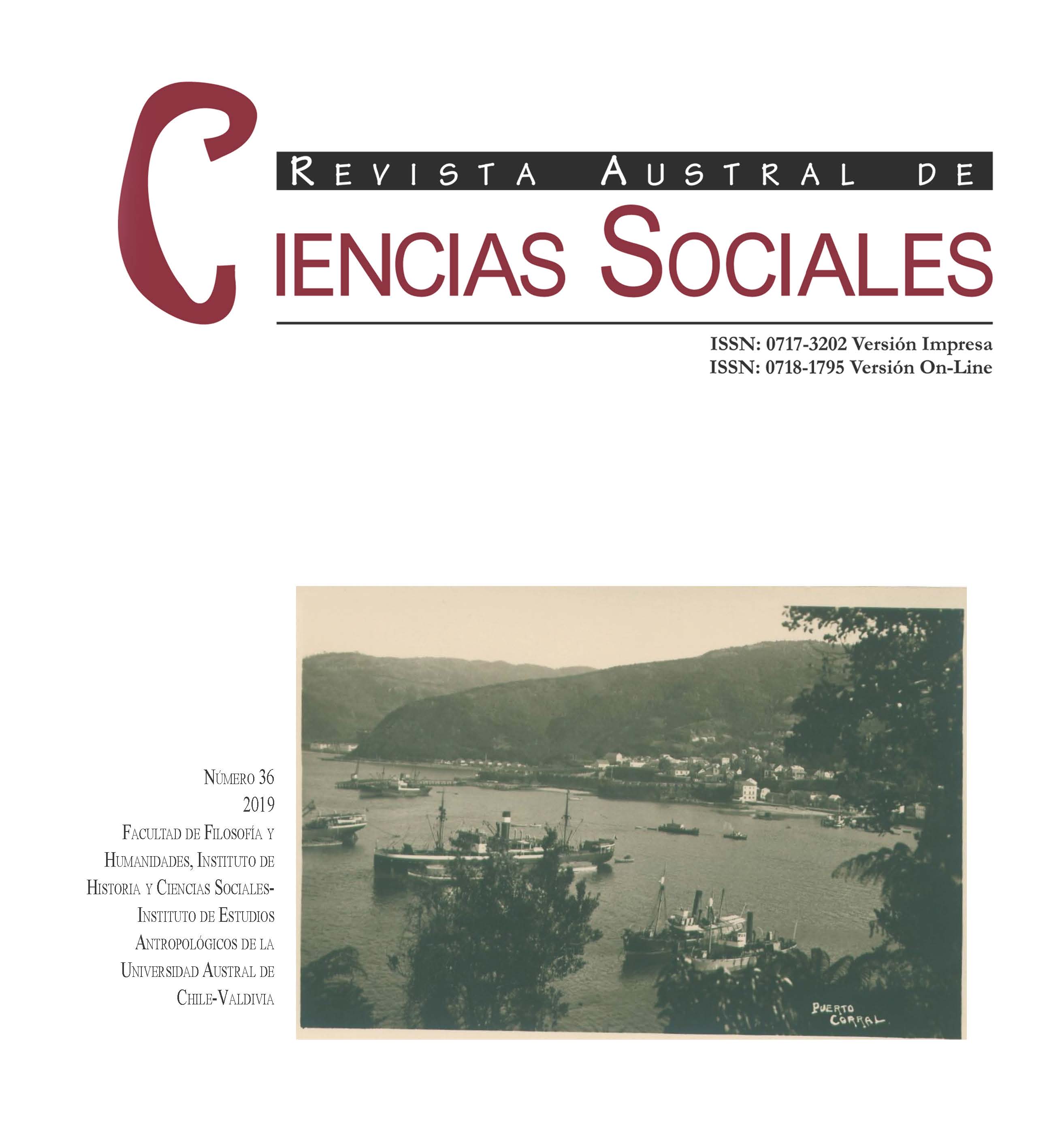Family configurations in the Argentinian press (1993-2011). Notes on the discourses on violence in schools
Main Article Content
Abstract
The present work focuses on media discourses on family configurations in the episodes of violence in schools in Argentina in the period 1993-2011. Given the characteristics of the object of inquiry, the methodological approach applied was qualitative and the information was analyzed in the context of the socio-educational discourse analysis. Among the results obtained, we noted that family groups are represented from ideal and perceived models according to their unequal material constraints. Certain family configurations are represented as groups at risk, victims and perpetrators of the violence in the school space. The communication strategies used by the press coincide in naturalizing the production of care by the family, hiding the lack of production of care on the part of public policies. Due to its originality, this study constitutes a precedent for future inquiries on media representations of families in the school space.

